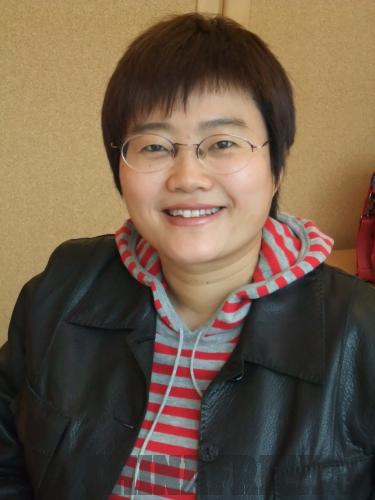|
 |
|
He Wenping, Senior Research Fellow with the Chahar Institute and Director of the African Research Section of the Chinese Academy of Social Sciences |
This year marks the 50th anniversary of the Organization of African Unity (OAU), which later became the African Union (AU). On May 25, 1963, 30 leaders of African countries signed a charter declaring the OAU's establishment. The day was named African Liberation Day, or Africa Day - an important holiday on the continent.
During the past 50 years, the people and countries of Africa have made remarkable progress, freeing the continent and achieving independence, but they also face mighty challenges in fostering unity and development.
Promoting liberation and unity
When the OAU came into being, over one third of Africa was colonized. At that time, even independent African countries were being threatened by imperialism and former colonial powers' economic control or separatist activities. Fighting against imperialism and colonialism to liberate the whole continent was Africa's primary mission during the second half of the 20th century.
The OAU had great success in moving toward Africa's complete liberation by organizing a Liberation Committee, chaired by Tanzania's founding President Julius Nyerere, to assist African colonies' struggles for independence. In April 1994, South Africa elected Nelson Mandela as the president of its new democratic government, marking the continent's complete liberation and decolonization. The OAU Liberation Committee was dismissed in August of that year, having fulfilled its historic mission.
As a regional governmental organization, the OAU's functions were inevitably limited by its own capabilities and resources, the willingness of its member states and international factors. For example, proxy wars took place in Africa during the Cold War, when the United States and the Soviet Union fought for hegemony in Africa.
Heading African renaissance
In July 2002, the AU formally replaced the OAU as a new political and economic alliance that covered the whole of Africa. Unlike the OAU's focus on political goals, the AU aims to guide the whole continent as it faces the challenges of economic globalization and fostering Africa's economic and social renaissance. The AU's ambitions are highly diversified, and include politics, diplomacy, development and security.
After the end of the Cold War, many African countries formed and cemented their own democratic systems. But military coups and unconstitutional power transfers have occurred in Africa from time to time. Many countries struggle with political instability during elections. By promoting the African Peer Review Mechanism and opposing unconstitutional power grabs, the AU has advanced Africa's democratic development. It values independent and diversified diplomacy, actively participates in international cooperation and dialogue, and intends to maximize Africa's interests in international cooperation through active involvement.
Shortly before the AU was established, African countries designed a new plan to build development and security: the New Partnership for Africa's Development. The plan lays out Africa's mid- and long-term development in the 21st century, with the aim of ensuring a bigger role in globalization and promoting the sustainable economic development in Africa. During the past 10 years, Africa's annual average economic growth rate has been about 5 percent. Africa is now widely regarded as a continent with great development potential.
However, Africa's development and renaissance have been challenged by instability caused by armed conflicts and the spread of terrorism. The AU has made unremitting efforts to cope with these challenges. But due to intervention by Western countries and Africa's own limited capabilities and resources, the AU has suffered setbacks while confronting these problems, at times finding itself marginalized.
Finding a balance between independent peacekeeping and foreign intervention, enhancing the AU's ability to solve Africa's crises, and protecting peace and stability on the continent have become the priorities of the AU and African countries. Africa must also solve deeper economic problems, such as poverty, inequality, a weak economic foundation, a narrow economic structure and a widening income gap, to achieve its renaissance. |